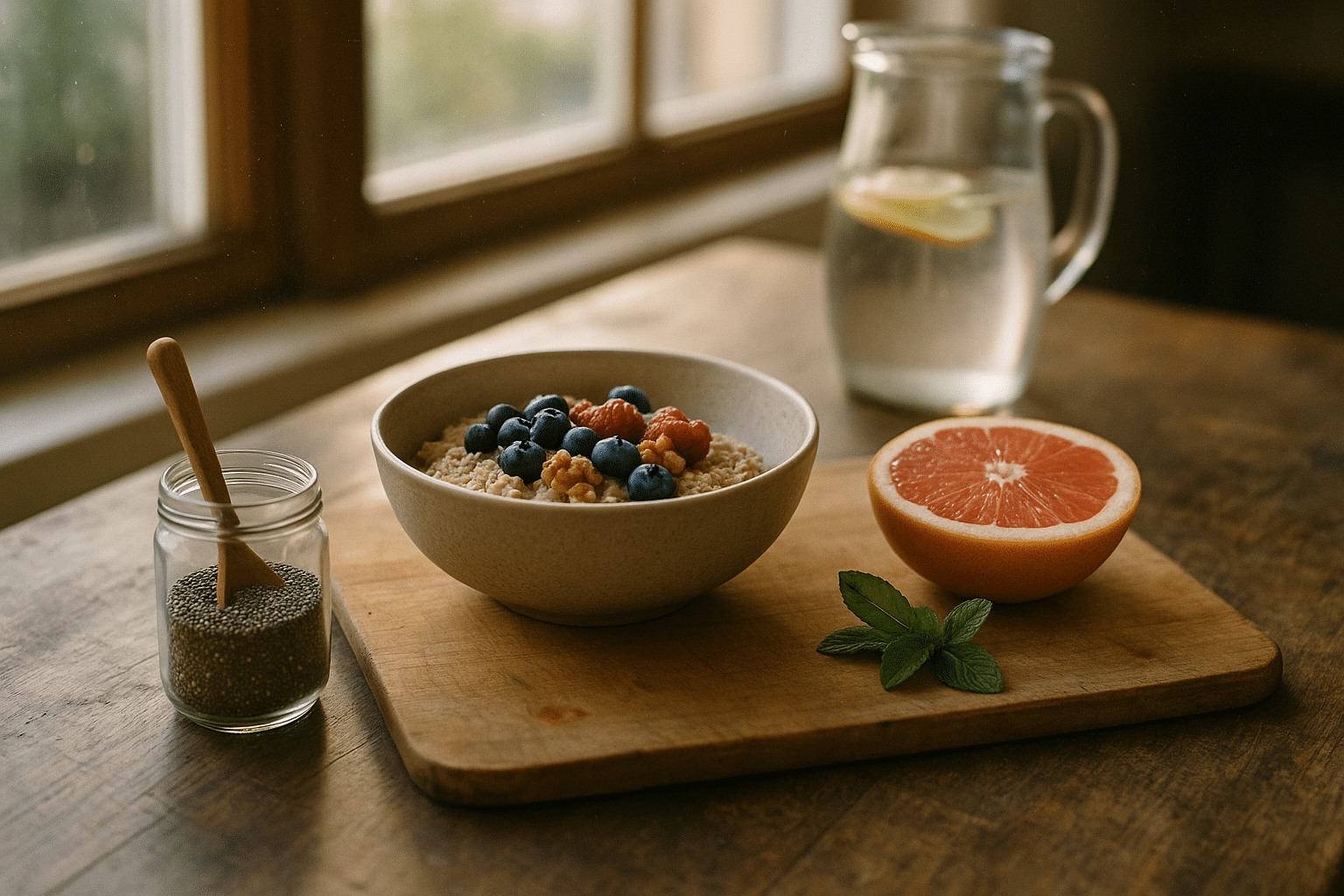
The Role of Superfoods in an Athlete’s Diet
Athletes constantly seek an edge to enhance their performance, and nutrition plays a pivotal role in achieving this. Superfoods, with their dense nutrient profiles, have become a staple in the diet of many athletes striving for excellence.
The Power of Superfoods
Superfoods are nutrient-rich foods that offer a plethora of health benefits. For athletes, incorporating superfoods into their diet can significantly impact their performance and recovery. According to the American Dietetic Association, a well-balanced diet that includes superfoods can improve stamina and reduce injury risks.
What Makes a Superfood?
Superfoods are typically high in antioxidants, vitamins, and minerals. These nutrients help in reducing inflammation and oxidative stress, which are common challenges for athletes. For instance, berries are rich in antioxidants and can help in muscle recovery.
Expert Insights
Nutritionist Dr. Paul Smith suggests, “Incorporating superfoods like kale and quinoa can enhance an athlete’s diet by providing essential nutrients that support muscle growth and repair.” This aligns with the growing trend of athletes turning to plant-based options for optimal health.
Research Findings
Research published in the Journal of Sports Science highlights that athletes who include superfoods in their diet experienced a 15% increase in endurance. Another study from the Sports Nutrition Review found that these foods could reduce muscle soreness by up to 25%.
Personal Experience
Emily, a marathon runner, shares her experience: “Switching to a diet rich in superfoods like chia seeds and spinach has transformed my energy levels and recovery time.” Her story is not unique, as many athletes report similar benefits.
Actionable Tips
- Incorporate a variety of superfoods into your meals to ensure a wide range of nutrients.
- Experiment with smoothies using greens like spinach and fruits like acai berries for a nutrient boost.
- Consider consulting with a nutritionist to tailor a superfood-rich diet to your specific needs.
Superfood Comparison Table
| Superfood | Key Nutrients | Benefits |
|---|---|---|
| Kale | Vitamin K, Vitamin C | Bone health, immune support |
| Chia Seeds | Omega-3, Fiber | Energy boost, digestion |
| Quinoa | Protein, Magnesium | Muscle repair, metabolism |
| Blueberries | Antioxidants, Vitamin C | Inflammation reduction, heart health |
| Spinach | Iron, Calcium | Bone health, oxygen transport |
| Acai Berries | Antioxidants, Fiber | Heart health, digestion |
| Sweet Potatoes | Vitamin A, Potassium | Vision, electrolyte balance |
| Avocado | Healthy fats, Vitamin E | Skin health, nutrient absorption |
FAQs about Superfoods in an Athlete’s Diet
What are some easy ways to add superfoods into my diet?
Start by adding superfoods to your breakfast, such as berries in your cereal or avocado on toast. Smoothies are also a convenient way to incorporate a variety of superfoods.
Can superfoods replace my regular meals?
Superfoods should complement a balanced diet, not replace meals. They are meant to enhance nutritional intake by providing additional nutrients.
Are there any risks associated with consuming superfoods?
While superfoods are beneficial, consuming them in excessive amounts can lead to nutrient imbalances. It’s important to maintain a varied diet.
Conclusion
Integrating superfoods into an athlete’s diet can provide numerous benefits, from improved recovery times to enhanced performance. By understanding the role of these nutrient-dense foods, athletes can make informed choices that support their training and overall health. Explore more resources and consider consulting a nutrition expert to tailor your diet to your athletic goals.


